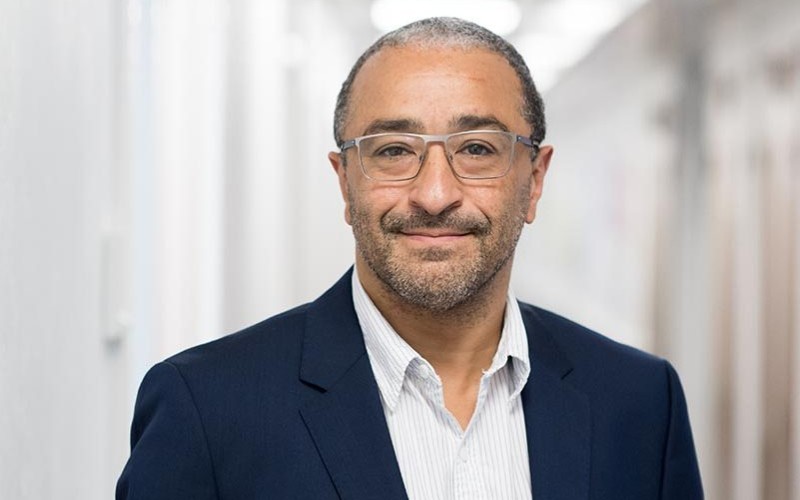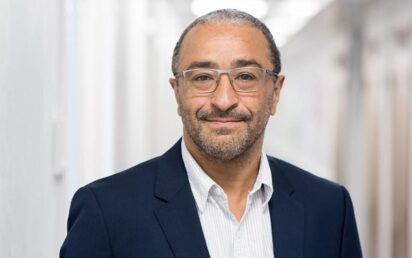The founder and CTO of listed Manchester spinout Nanoco is to retire from the company and its board.
Dr Nigel Pickett, who founded the Runcorn firm 24 years ago, will remain as an employee with the business until February 2026.
Dr Ombretta Masala, who has worked for Nanoco for 18 years, directly reporting into Dr Pickett, will become director of technology but not join the board.
Nanoco Group plc develops and manufactures cadmium-free quantum dots and other nanomaterials. These are used in monitors, TVs and infra-red sensors.
In 2023 it won $150m in a legal dispute with Samsung, settling on a no fault basis for the alleged infringement of the group’s intellectual property. In February this year it commenced litigation against another multinational electronics corporation in LG Technologies, alleging that it has willfully infringed on a number of its patents in production of its televisions.
This morning Nanoco said the litigation against LG Display has been served, and is progressing as expected.
Chairman Jalal Bagherli said Pickett had made “important contributions to Nanoco, having been a pivotal player in the foundation of the business and the settlement we achieved with Samsung”.
“In Ombretta we have a very capable successor who has significant experience in all aspects of Technology development and R&D management, and she has the capabilities to drive Nanoco through what is an exciting next chapter of commercial growth,” he added.

The firm said last year that it was cutting jobs in an attempt to preserve cash as it explores a sale via financial advisor CDX Advisors, despite its considerable financial resources due to the Samsung settlement. This morning it provided the following update: “We continue to assess strategic options for the group’s operating business with a number of interested parties.”
It also said that in the year to 31st July 2025, revenues were £7.6m, exceeding market forecasts, with underlying adjusted EBITDA moderately ahead of expectations.
Cash at year end was £14m, which is above market expectations due to lower than anticipated litigation costs and ‘positive working capital variances’.
Nanoco’s core markets, along with the wider quantum dot markets, are forecast to experience significant growth, it said, claiming that it ‘continues to make good progress on existing Joint Development Agreements, with discussions ongoing regarding an extension to the JDA with one of our Asian Chemical customers before the expiry of the existing contract, which is due to complete in October 2025’.
Discussions are ongoing in relation to potential further JDAs with a number of other companies, some of which are outside of historical Nanoco markets, it added.
“This has been an important year for Nanoco during which our business development team has been fully focused on enhancing Nanoco’s profile and maximising our organic growth prospects,” said CEO Dmitry Shashkov.
“Consequently, we have a number of promising, ongoing discussions with companies across several industry segments regarding future product developments, some of which are in new areas for the Group. In tandem, we remain in discussions with multiple parties as we assess our strategic options to maximise value for shareholders, and look forward to updating shareholders in due course.”
Quantum dots are a nanomaterial 1,000 times smaller than a human hair that significantly enhance the colour and gamut visible to the human eye when light is shone through them. This technology usually contains cadmium, a toxic heavy metal.
Nanoco has pioneered the use of cadmium free quantum dots, developing and patenting a successful method for mass-producing cadmium free quantum dots through its ‘seeding’ methodology.
These patents were validated during Nanoco’s lawsuit against Samsung between 2020-2023, during which the US Patent Trials and Appeals Board ruled that Nanoco’s patents were valid.
Following the appointment of a new CEO in Shashkov in October 2024, Jai Subramanian joined as global business director in December. It also revealed plans to ramp up its commercial engagement as it transitions to scaled production.
Sheffield tech firm quits London Stock Exchange after £32m move

